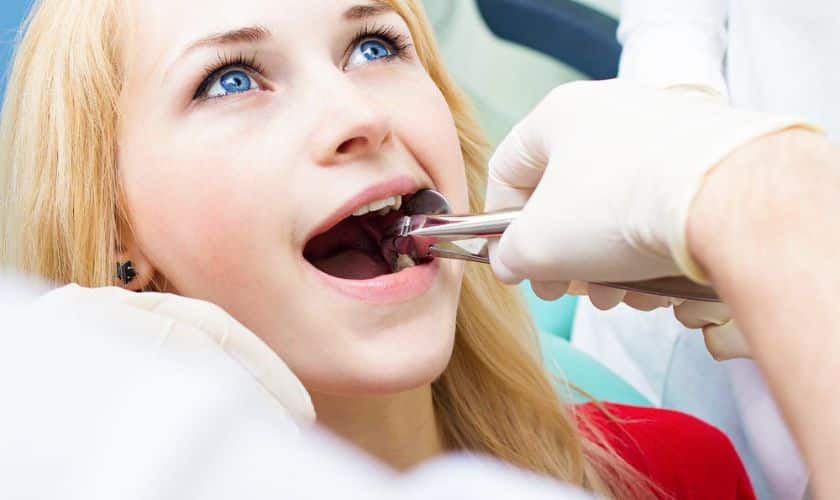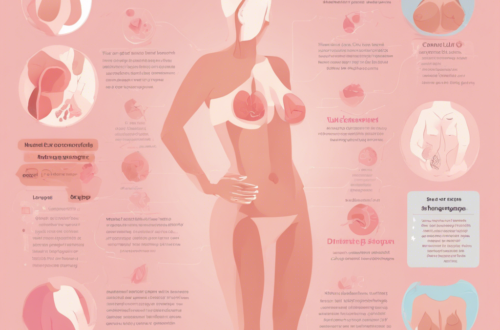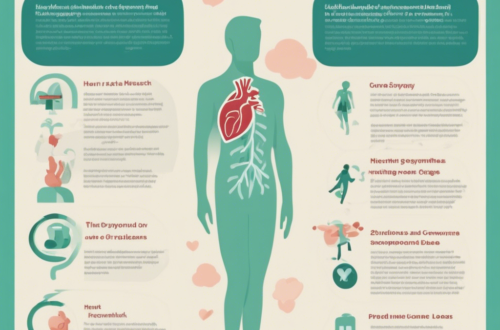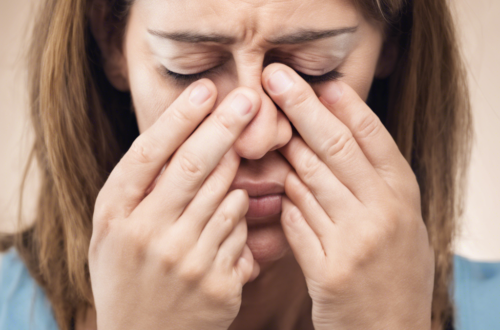Intro to Tooth Extraction Aftercare
Understanding the Importance
Having a tooth extraction is a common dental procedure that requires proper aftercare to ensure quick healing and prevent complications. Following the dentist’s instructions diligently is crucial to avoid infections and promote optimal recovery. It’s vital to understand the significance of maintaining good oral hygiene during the post-extraction period.
Common Aftercare Instructions
Some common aftercare instructions following a tooth extraction include avoiding hot and hard foods, gently rinsing the mouth with salt water, and taking prescribed medications as directed. It is also advisable to rest and avoid strenuous activities to aid the healing process.
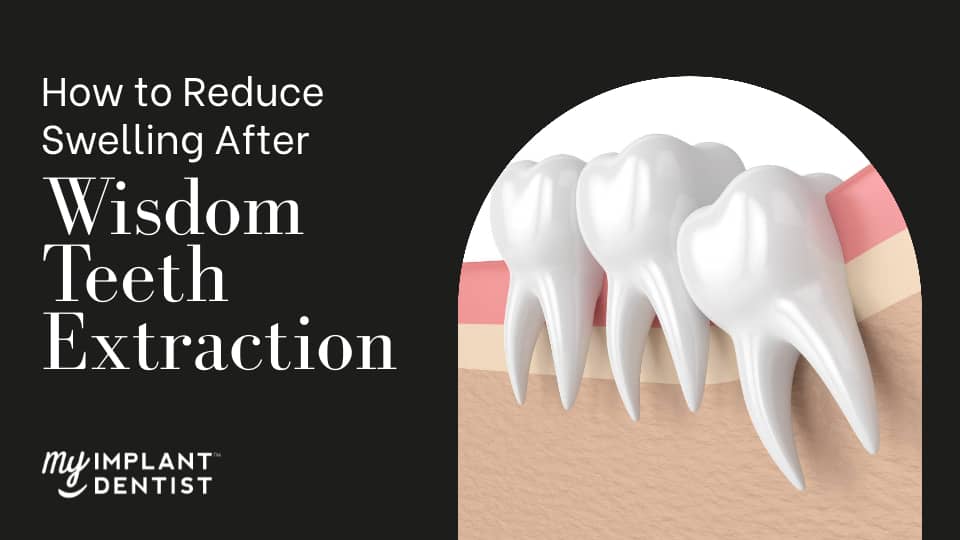
Immediate Post-Extraction Care
Managing Pain and Swelling
After a tooth extraction, it is common to experience some pain and swelling in the extraction site. To manage this discomfort, patients can apply an ice pack to the cheek near the extraction site for 10 minutes at a time. Over-the-counter pain medication such as ibuprofen can also help alleviate any pain. It is important to follow the dentist’s instructions regarding pain management to ensure a smooth recovery.
Preventing Complications
To prevent complications after a tooth extraction, patients should follow a few key guidelines. Avoiding smoking or using a straw for the first few days after the extraction can help prevent dry socket, a painful condition that can occur when the blood clot in the extraction site becomes dislodged. It is also crucial to stick to soft foods and avoid chewing on the extraction site to allow it to heal properly. Keeping the mouth clean by gently rinsing with warm salt water can help keep infections at bay.

Eating and Drinking Guidelines
Soft Diet Suggestions
After a tooth extraction, it is important to follow eating and drinking guidelines to aid in the healing process. Soft foods are recommended during the initial stages of recovery to avoid putting strain on the extraction site. Patients can enjoy foods such as mashed potatoes, yogurt, smoothies, and soups. These options are gentle on the mouth and provide necessary nutrition. It is also advisable to stick to lukewarm or cool fluids to avoid irritating the extraction site.
Foods to Avoid
To promote proper healing and prevent any complications, there are certain foods that should be avoided after a tooth extraction. Crunchy or hard foods, like chips or nuts, should be avoided as they can disrupt the blood clot and cause pain or infection. Additionally, acidic or spicy foods should be avoided as they can irritate the extraction site. It is also recommended to avoid carbonated drinks and alcohol during the recovery period as they can interfere with the healing process.
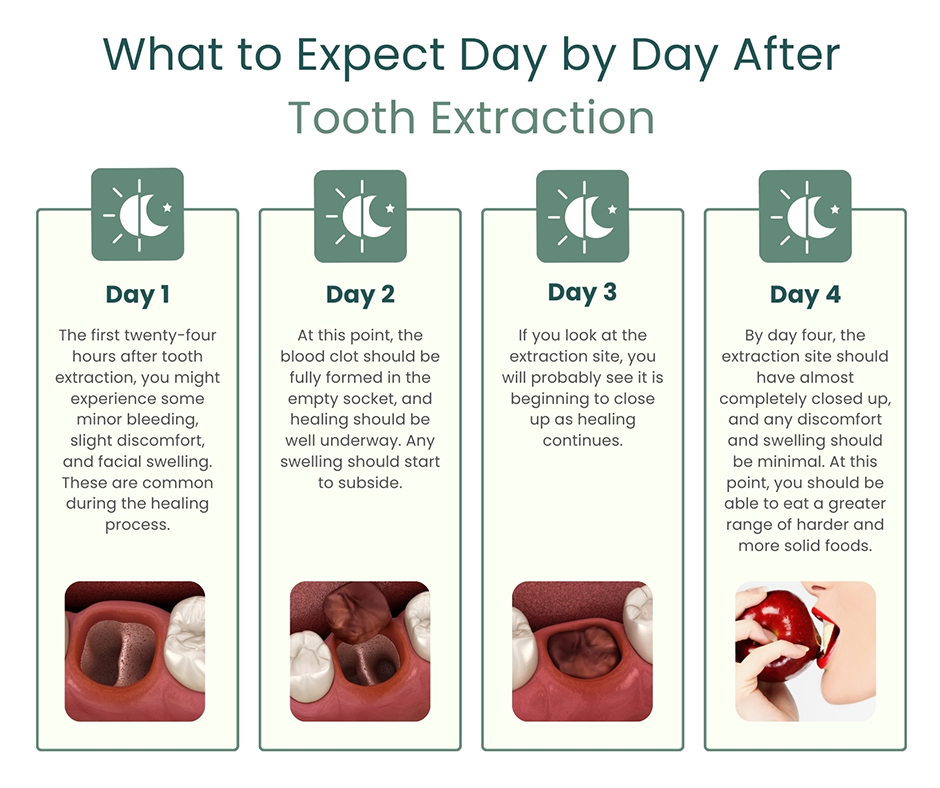
Oral Hygiene Practices
Cleaning the Extraction Site
To ensure proper healing after a tooth extraction, it is crucial to maintain good oral hygiene. Carefully clean the extraction site by gently rinsing your mouth with warm saltwater. This will help prevent infection and promote healing. Avoid using a toothbrush or floss near the extraction site until it has fully healed. Instead, focus on keeping the rest of your mouth clean by brushing twice a day and flossing regularly.
Using Mouthwash Safely
Mouthwash can be a beneficial addition to your oral hygiene routine after a tooth extraction. However, it’s important to use it safely. Wait at least 24 hours after the extraction before using mouthwash to allow proper healing. Choose an alcohol-free mouthwash and swish it gently in your mouth without swishing or spitting forcefully. This will help maintain overall oral hygiene while avoiding any irritation or disruption to the extraction site.
Pain Management Techniques
Over-the-Counter Medications
Proper pain management is essential for a comfortable recovery after a tooth extraction. One common option is over-the-counter pain medications. Nonsteroidal anti-inflammatory drugs (NSAIDs) like ibuprofen can help alleviate pain and reduce inflammation. Follow the recommended dosage instructions and consult with your dentist or pharmacist if you have any concerns. Remember to avoid aspirin, as it may increase the risk of bleeding.
Natural Remedies for Pain Relief
In addition to medication, there are natural remedies that can help with pain relief. Applying a cold compress to the affected area can reduce swelling and numb the area, providing temporary relief. Saltwater rinses can also help relieve discomfort and promote healing. Mix half a teaspoon of salt in eight ounces of warm water, and gently swish the solution around your mouth for about 30 seconds before spitting it out.
